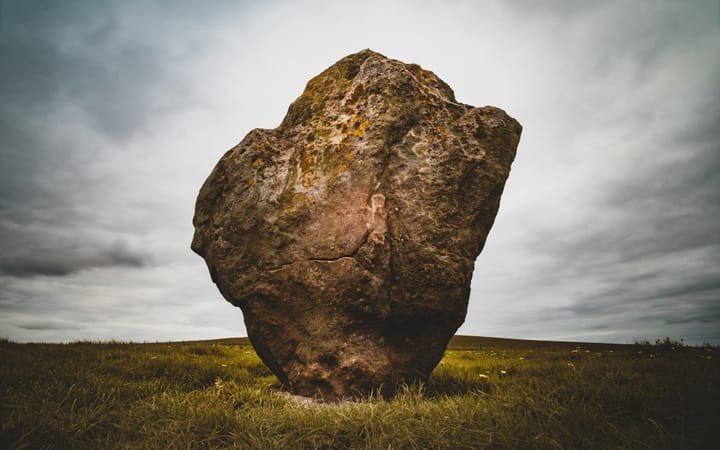Why Wisdom Must be Purchased and Cherished
Sometimes, it’s easy to look at the craziness in our world and wonder why people don’t make better decisions. But in Proverbs 4, Solomon indicates the reason wisdom is so elusive is because it isn’t pursued.

Proverbs 4
Today's Scripture Passage
A Few Thoughts to Consider
Why do so many people do so many dumb things?
Sometimes, it’s easy to look at the craziness in our world and wonder why people don’t make better decisions. But in Proverbs 4, Solomon indicates the reason wisdom is so elusive is because it isn’t pursued.
This is why Solomon says twice in verse five and twice in verse 7 to get, or more literally, to “purchase” wisdom. Real wisdom costs us something. It might cost us business deals, relationships, or resources to acquire. Unlike salvation, wisdom isn’t a gift we receive when we place our hope in Christ. It’s for this reason there are many unwise Christians who lack discernment. They make foolish business deals, speak foolish language, and, in general, act like fools.
While wisdom doesn’t always come with age, there is something to be said for experience. Unfortunately, in Western societies, we have devalued the role of older people. Rather than seeing them as pillars of wisdom, we revert to our Genesis 11 Babylonian ways and seek to detach from our ancestors and make a name for ourselves.
As Robert Alter notes, we see the role mentoring can play in a young person acquiring wisdom. “In the tradition-oriented framework of Proverbs,” Alter writes, “wisdom is a quality that age imparts to youth.”[1]As Ray Ortlund helpfully notes, “In the Old Testament, the priests taught the law of God, and the prophets declared the word of God (Jer. 18:18). But the fathers and mothers gave their children the wisdom of God (Prov. 1:8; 6:20).”[2]
So the question then becomes, how do we become wise if we weren’t raised in a wise environment? Godly mentors are a great place to start. Taking a series of personality tests that help us better understand our strengths and weaknesses can also be helpful. And consuming great material from wise authors and communicators can be transformative. But the first step towards becoming a wise person is to really want wisdom.
Proverbs 4:8 says of wisdom, “Cherish her, and she will exalt you; if you embrace her, she will honor you.” The word translated “cherish” is the Hebrew word “salsel” and has the imagery of cuddling or caressing affectionately. This is how much we should treasure wisdom.
A Meditation to PRAY
Praise | Lord, thank you for wisdom.
Release | I give you my foolish thinking. Teach me to think like you.
Ask | Help me make wise decisions today as I [Insert your situation].
Yield | I rest in you today and trust you with the outcome of the choices I make in you.
A Challenge to Act Like Christ
A large part of becoming conformed to the image of Christ is having the situational awareness to know how to respond as Christ would if he were faced with our situation. A wise person can look at a gray situation and make a Christlike decision, even if they don’t have book, chapter, and verse to support their action.
New followers of Christ often fall into a rut of obsessively asking God to show them what to do in every challenging situation. Part of this is healthy as they learn what it means to depend on God. But just as the mark of a good employee is to learn to do the will of their boss, even when she is not around, the mark of a maturing believer is to know how to respond as Christ would to a situation because they have spent so much time with him.
*Unless you specify otherwise, comments and questions you ask may be featured in upcoming podcast episodes.
[1] Robert Alter, The Hebrew Bible: A Translation with Commentary (The Writings), vol. 3 (New York: W.W. Norton & Company, 2019), 363.
[2]Bryan Chapell, eds. Gospel Transformation Study Bible Notes. Accordance electronic ed. (Wheaton: Crossway, 2013), paragraph 2646.




Comments ()